Rising food prices drove up shop price inflation to the highest rate since March 2013 last month, according to new data.
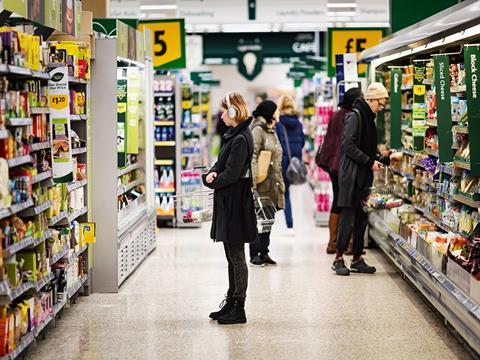
The British Retail Consortium (BRC)-Nielsen Shop Price Index showed that shop prices increased to 0.9% in March, up from 0.7% in February.
Food inflation accelerated to 2.5% in March, up from 1.6% in February, while ambient food and fresh food inflation increased by 3.4% and 1.9% respectively. Non-food prices were at the same level as March 2018.
BRC chief executive, Helen Dickinson, said: “March saw shop price inflation rise to its highest level in six years, driven primarily by a sharp spike in non-perishable food inflation. Increases in global commodity prices and adverse weather events put upward pressures on the wholesale prices of many foodstuffs which, coupled with rises in the cost of alcoholic and non-alcoholic beverages, pushed food inflation from 1.6% in February to 2.5% in March.
“Nonetheless, the bigger threat to food inflation remains the risks of a chaotic no deal Brexit, which would lead to higher prices and less choice on the shelves. In order to avoid this scenario, parliamentarians from all parties must find a compromise that can command a majority in the House of Commons.”
Nielsen’s UK head of retailer insight, Mike Watkins, said: “The upwards pressure on pricing continues across food retailing and a key driver this month was inflation in ambient food and drink. With shoppers looking to stretch their budget for the weekly grocery shop this will not help volume growth, which has been slowing since the start of the year.”
Over a 12-week period ending 24 March, Aldi and Lidl enjoyed sales of +14.7% and +9.8% respectively year on year, while the Co-op Group (+2.5%) remained ahead of Morrisons (+0.5%), Sainsbury’s (-1.6%), Asda (+0.1%) and Tesco (+0.7%), Nielsen said.
















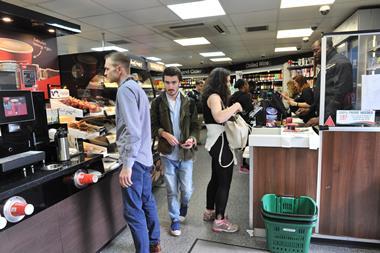
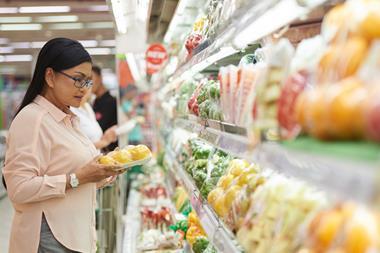
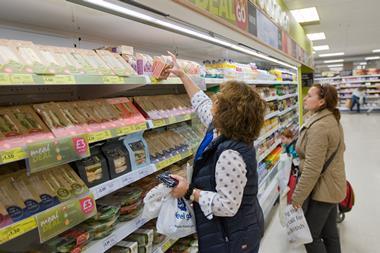
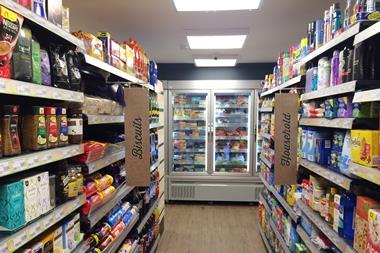
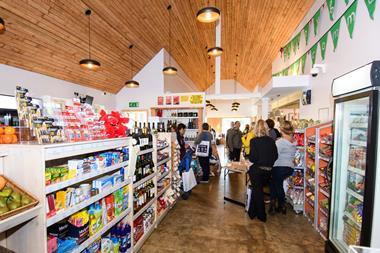
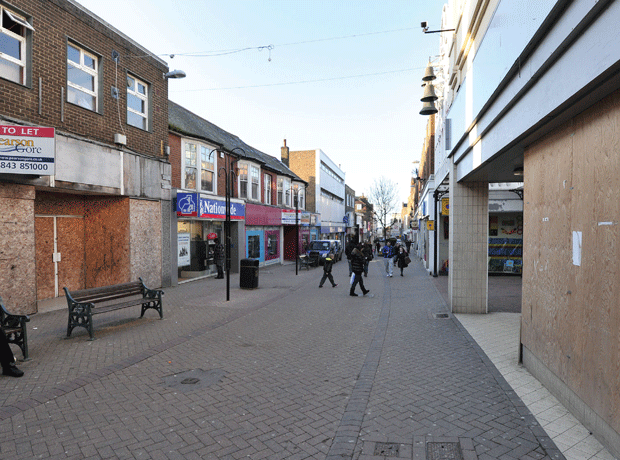



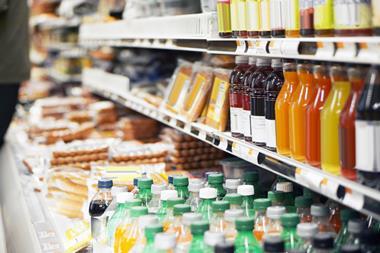

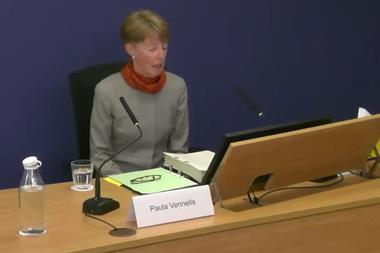
No comments yet